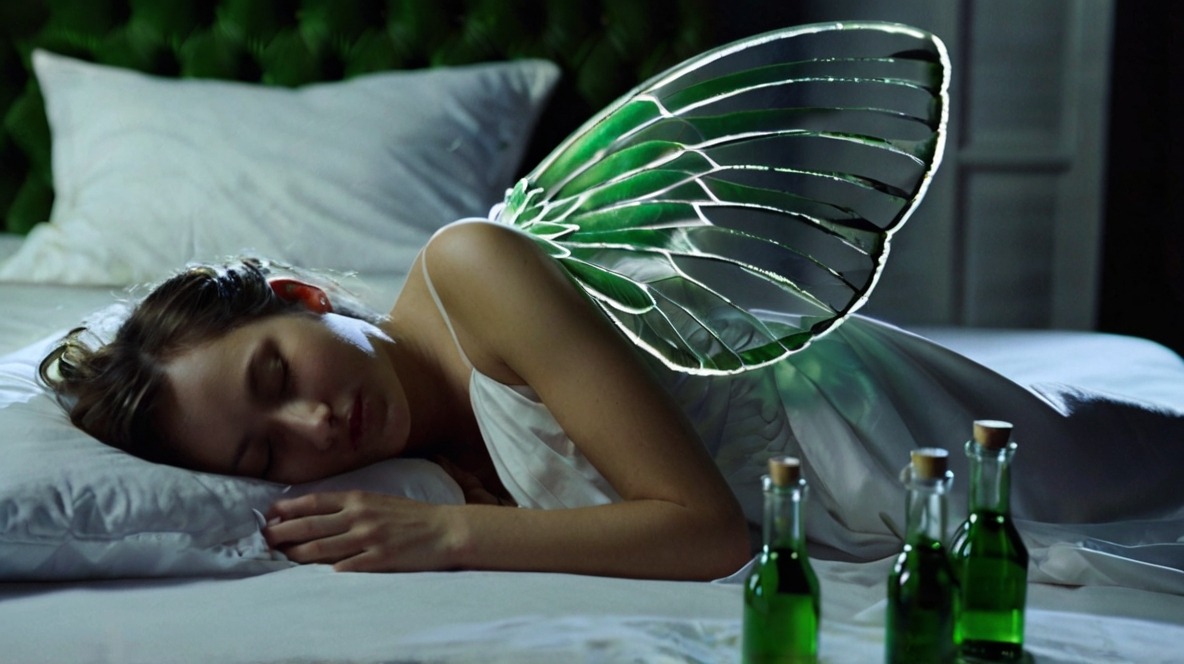Researchers have repeatedly noted similarities between near-death experiences and the effects of psychedelic drugs. However, it’s incredibly challenging to find subjects to participate in scientific research on this topic since they need to have survived a coma and have experience with psychedelics. Charlotte Martial (Belgium), Robin Carhart-Harris, and Christopher Timmermann (UK) managed to find 31 individuals who met these criteria.
These participants completed a survey. All had been in a coma or intensive care unit for more than an hour and had tried LSD, psilocybin, ayahuasca, DMT, or mescaline. The vast majority noted the incredible realism of both experiences, describing them as stronger than reality itself. Other coincidences included an altered sense of time, peacefulness, bright light, premonition, life review, and feelings of emptiness.
However, during near-death experiences, individuals feel a strong sense of death, while psychedelic experiences evoke more unusual sensations. The authors add that psychedelics actively engage the visual system, while near-death experiences more often disrupt bodily sensations. Long-term effects also differ: psychedelics make people more friendly and open, while near-death experiences reduce their fear of death.
If you have had any similar experiences, could you share them?
The article was published in August 2024 in Neuroscience of Consciousness.
Drugs and plants may have side effects and should only be used in consultation with a doctor. This article does not call for independent experiments.
Get all the latest news about lucid dreams via our channels on Telegram, Facebook, Twitter




